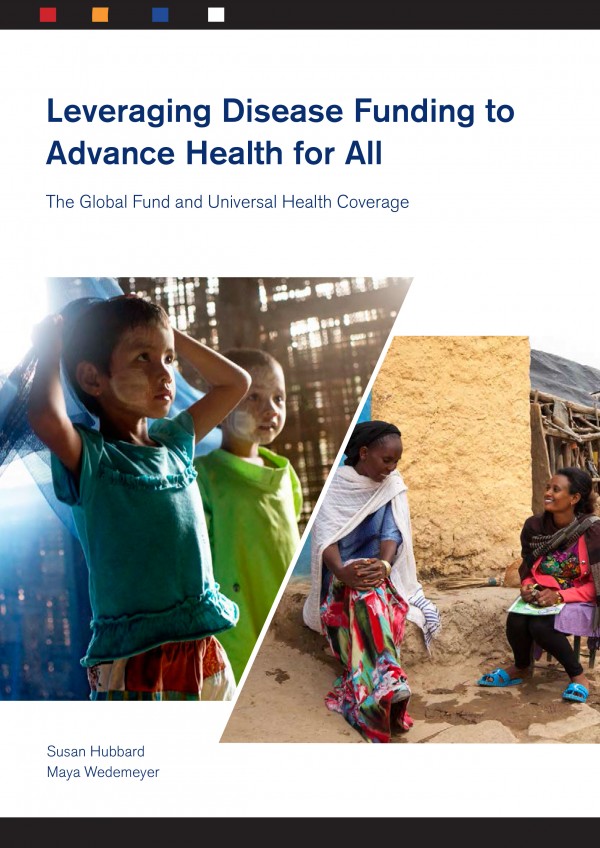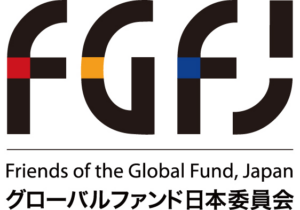By Susan Hubbard and Maya Wedemeyer
There is growing consensus within the global health field that the tension between the two major priorities in supporting global health initiatives in the developing world—tackling specific diseases that wreak a devastating toll on populations and funding broader efforts to improve overall health systems and access to healthcare—is a false dichotomy. This analysis examines funding from the Global Fund to Fight AIDS, Tuberculosis and Malaria in countries such as Ethiopia, Rwanda,and Myanmar, and demonstrates that these two approaches are by no means incompatible. In fact, carefully designed disease-specific programs can create win-win situations, driving progress on individual diseases while also improving the overall quality of and access to health services.
The report identifies five ways in which Global Fund support has helped expand universal health coverage (UHC).
(1) Increasing availability of health services, including by funding the construction of clinics, equipment purchases, and health worker training and salaries to combat specific diseases in a way that allows these assets to also be used for broader healthcare services.
(2) Building capacity within ministries of health to plan, manage, and monitor HIV/AIDS, malaria, and tuberculosis programs, with the understanding that these human resources and methods can also be applied to other health challenges at no additional cost.
(3) Expanding health insurance coverage, for example by subsidizing premiums for populations living with or at high risk of contracting HIV, as is done in Rwanda, which also gives them access to other health services at little or no cost.
(4) Increasing marginalized populations’ use of health services, for instance by training healthcare providers in Myanmar to be sensitive to the particular needs of groups, such as sex workers and MSM, and then encouraging HIV clinics to refer their patients to these providers when their health needs go beyond what can be provided at the HIV clinics.
(5) Encouraging governments to increase budgets for health, by utilizing the influence of large outside donors such as the Global Fund on countries to expand their domestic health budgets in order to access Global Fund support and helping them identify bottlenecks and other challenges in their health systems.
CONTENTS
• How the Global Fund Contributes to UHC
• Ethiopia: Extending the Reach of Healthcare
• Rwanda: Improving the Affordability of Healthcare
